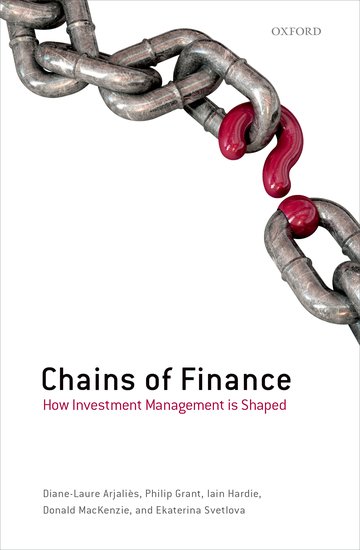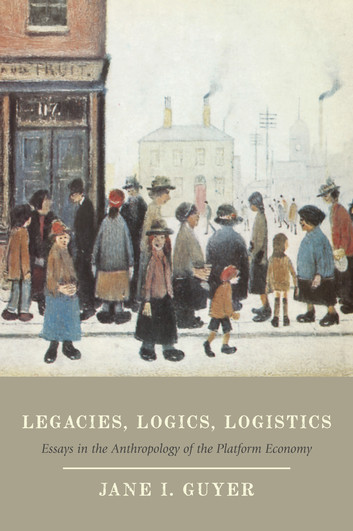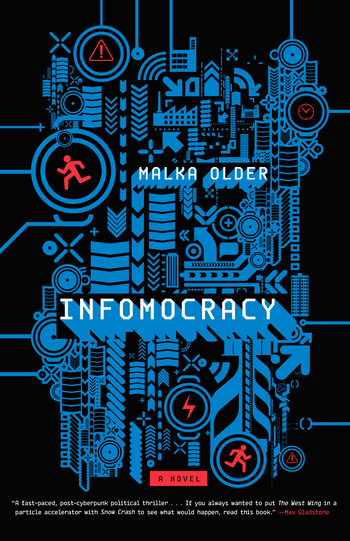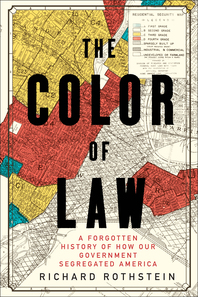On the Bookshelf
In this feature, we ask the voracious readers that make up SASE to recommend a few books they are reading (or re-reading) and to tell us a bit about them. This edition features Horacio Ortiz and Daniel Hirschman.
Horacio Ortiz
Université Paris-Dauphine, PSL Research University, CNRS, IRISSO, Paris & Research Institute of Anthropology, East China Normal University, Shanghai.

Arjaliès, D.-L., Grant, P., Hardie, I., MacKenzie, D., and Svetlova, E., Chains of Finance: How Investment Management is Shaped (Oxford University Press, 2017).
This book combines research conducted by multiple researchers into an illuminating exploration of many professional spaces and tasks that constitute investment management. The book is a fantastic rebuttal of the idea that it would make any sense to analyze the financial industry with the model of the principal-agent relation. On the contrary, it shows how organizational rules and regulatory frames situate financial practices in a complex web of relations where each employee has limited possibilities of action. The supposed interests of the owners of the money invested come to be defined in procedures and contractual clauses that bear little connection to what these owners may think or know.

Guyer, J. I., Legacies, Logics, Logistics: Essays in the Anthropology of the Platform Economy (University of Chicago Press, 2016).
A cutting-edge exploration of the potential of economic and political anthropology that addresses pressing contemporary issues in novel, critical, and very fruitful ways. The book explores how different practices and imaginaries are combined, transformed, and assembled in historical processes that define in multifarious and contested ways what we designate as “price”, “inflation”, “calculation”, “macroeconomics”, “money” and “value”. The book offers a very stimulating critique of the meanings – too often taken-for-granted – of these categories across academic disciplines.
Daniel Hirschman
Brown University

Malka Older, Infomocracy and Null States (Tor Books, 2016 & 2017).
Malka Older is a sociologist and science fiction author. While her research is mostly about disasters and foreign aid, her fiction examines a near future where a novel form of micro-democracy governs most of the planet under the watchful eye of “Information”, a massive organization that combines the heart of the New York Times, the scope and tech-savvy of Google, and the economic and legal power of, say, the EU. It's difficult to read these books and not see immediate parallels to contemporary politics – debates over Russian ads on Facebook, and White supremacist Google Search results – but exaggerated to make the dynamics more vivid. I love science fiction, but it's rare to find SF that does such a good job with the social science of the future. Other examples include Charles Stross' Merchant Princes series, which is arguably a long parable about resource curses in development economics, or Max Gladstone's Craft Sequence, which mixes religion and magic via a bit of Durkheim with a lot of post-financial crisis economic sociology. Plus, since Older is a sociologist, you can almost justify reading her books as a work activity!

Richard Rothstein, The Color of Law: A Forgotten History of How Our Government Segregated America (W.W. Norton & Company, 2017).
Last year, I had the pleasure of teaching an undergraduate seminar on the sociology of finance, insurance, and real estate. Real estate was the weakest section, especially the discussions of racism and the state. The canonical works on the topic are fantastic (Sugrue, Jackson, Freund, etc.), but none was quite working in the context of this course. Rothstein's book is written like an accessible lawyer's brief designed to make one point: government policy caused segregation and, in so doing, eroded Black wealth. The book is part accessible summary of the existing literature, and part novel research that helps broaden the focus to other parts of the US, like San Francisco. Rothstein's evidence and writing are clear, and they show how the state, over the course of the 20th century, employed the various tools in its arsenal to maintain segregation, from the famous HOLC redlining maps to failing to protect Black property from White violence. Rothstein's book is thus useful because it provides great empirics to reinforce economic sociology's theoretical claims about the imbrication of the state and the market.
